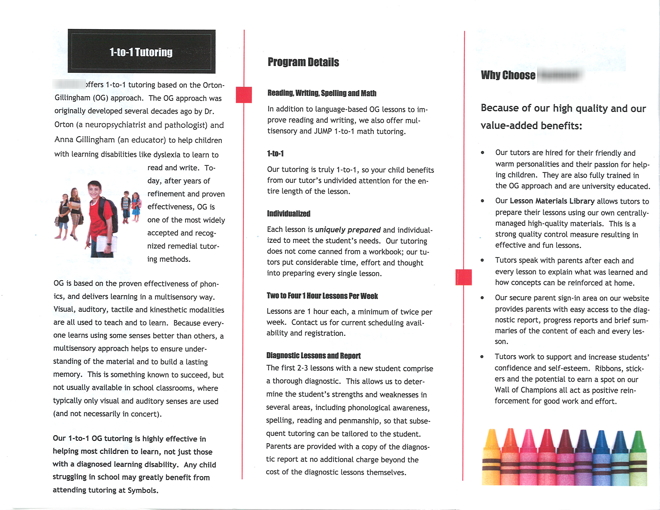Last year (2010/06/16) I wrote an editorial for the on-line English edition of the Asahi:
POINT OF VIEW: While Policymakers are looking elsewhere, Japanese education is being reformed from below
Japanese elementary and high school education seems to have been lurching from one crisis to the next over the past 10 years.
From fears during the dot-com era that Japanese children were not being prepared for a post-industrial economy, to the apparent disaster caused by the implementation of “yutori” education, to the steady stream of social ills discovered in the nation’s schools–“ijime” (bullying); “gakyu hokai” (dysfunctional classrooms); “gakuryoku teika” (declining academic ability); and “futoko” (refusal to attend school)–politicians and the media continue to identify aspects of the decline of Japanese education.
By contrast, foreign observers might point to near-universal high school graduation, literacy and numeracy, as well as high rates of participation in higher education, as characteristics of the education system that call claims about a long-term decline into question.
Regardless of the empirical reality of a decline, the solutions to this decline are constantly sought outside of Japan.
Over the past five years, a number of models have been discussed at near-obsessive levels. From Indian arithmetic to the Finnish and Dutch education systems, pundits, academics and politicians seem to be travelling the world to find solutions to perceived Japanese problems at the national level.
Yet, few conclusions from these travels seem to get serious consideration by the apparently paralyzed Ministry of Education, Culture, Sports, Science and Technology. Few politicians have the substantive expertise on education or the interest that would be necessary to evaluate claims of decline or alternative models to the extent that they could be implemented.
While a general sense of malaise permeates national discussions of education, local boards of education and schools are beginning to experiment with some very significant changes to public education, especially in Tokyo. Given the rarity with which political reforms in Japan bubble up from grass-roots experimentation, such efforts ought to be recognized, publicized, and considered for scalability to the national education system.
One of the areas of greatest experimentation has been emerging public-private partnerships (PPPs) in the schools of Tokyo’s wards. Originally pursued in the United Kingdom in the early 1990s, PPPs strive to harness private investments in public (infrastructure) projects and constitute an element in the so-called third sector. Toll roads are the paradigmatic examples of infrastructure PPPs. In Japanese education, PPPs are emerging where ward boards of education are signing contracts with supplementary education businesses (juku) to provide additional instruction to public school students on school premises in the afternoons and on weekends.
These “konai juku” are a daring experiment in that they are breaking with a decades-old attitude of confrontation between formal education and the shadow education world of juku and “yobiko.” The opposition to the existence of the juku system has been one of the few areas of policymaking where the formerly powerful Japanese Teachers Union (Nikkyoso) found itself in agreement with education ministry bureaucrats.
However, as the perception of significant shortcomings in public education has spread, local officials have increasingly looked to the supplementary education industry as a possible source for solutions.
Education PPPs now operate in all wards of metropolitan Tokyo. They have been created in the context of school choice that has been pushed down to the elementary school-level and encourage principals to seek distinguishing features for their schools that might stem the tide to private education in the capital. Coincidentally, the introduction of school choice has also been spearheaded by local efforts, most notably in Shinagawa Ward.
These PPPs take many different forms, some specifically targeting students who are underperforming, some aiming at the average students who have been somewhat neglected in public discourse, while others are providing the accelerated education and exam preparation for which some of the larger juku schools are famous.
Activities span from test-taking services, to classroom or individualized instruction, to teacher education seminars. While teachers and union officials are opposing these experiments in some schools, others are welcoming juku into the school for what they offer at the moment, a constructive experiment. One of the ironies of the entry of juku into publicly-run schools is that this signifies the re-introduction of Saturday school by stealth.
Juku are clearly not the panacea to end all educational ills that some proponents make them out to be. The scarcity of any research on juku means that claims of their efficacy and superior ability to tailor educational content to individuals and their learning needs, remain just that, claims. Whether or not one accepts the pessimistic view of contemporary Japanese education, however, experimentation with alternatives is an element that has long been missing in the highly-centralized education system, and these grass-roots efforts should be encouraged, nurtured and taken seriously.
While experimentation is to be welcomed, it should also be supervised and held accountable. Obviously, long-term contracts between private education providers and schools or boards of education have significant fiscal implications. They also bear the potential for creeping privatization of public education.
Boards of education should monitor these experiments very carefully and should themselves be held accountable for their experimentation.
I’ve written about the shift of power to grass-roots level in Japan on this blog as well.


